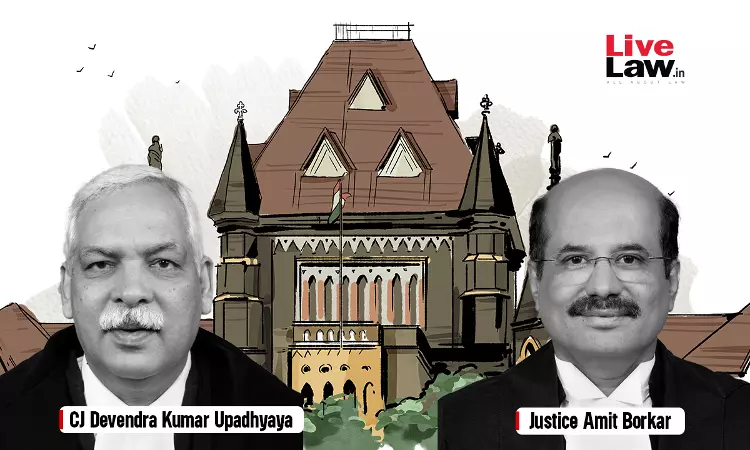Long-Term Contract Employment Cannot Override Regular Recruitment Process; Bombay HC
Pranav Kumar
8 Nov 2024 1:00 PM IST

Next Story
8 Nov 2024 1:00 PM IST
Bombay High Court: A Division Bench comprising Chief Justice Devendra Kumar Upadhyaya and Justice Amit Borkar directed the regularization of staff nurses employed on contract basis in the Union Territory of Daman and Diu. The court overturned the Central Administrative Tribunal's dismissal, ruling that the nurses, who were recruited through proper selection processes in accordance with...
